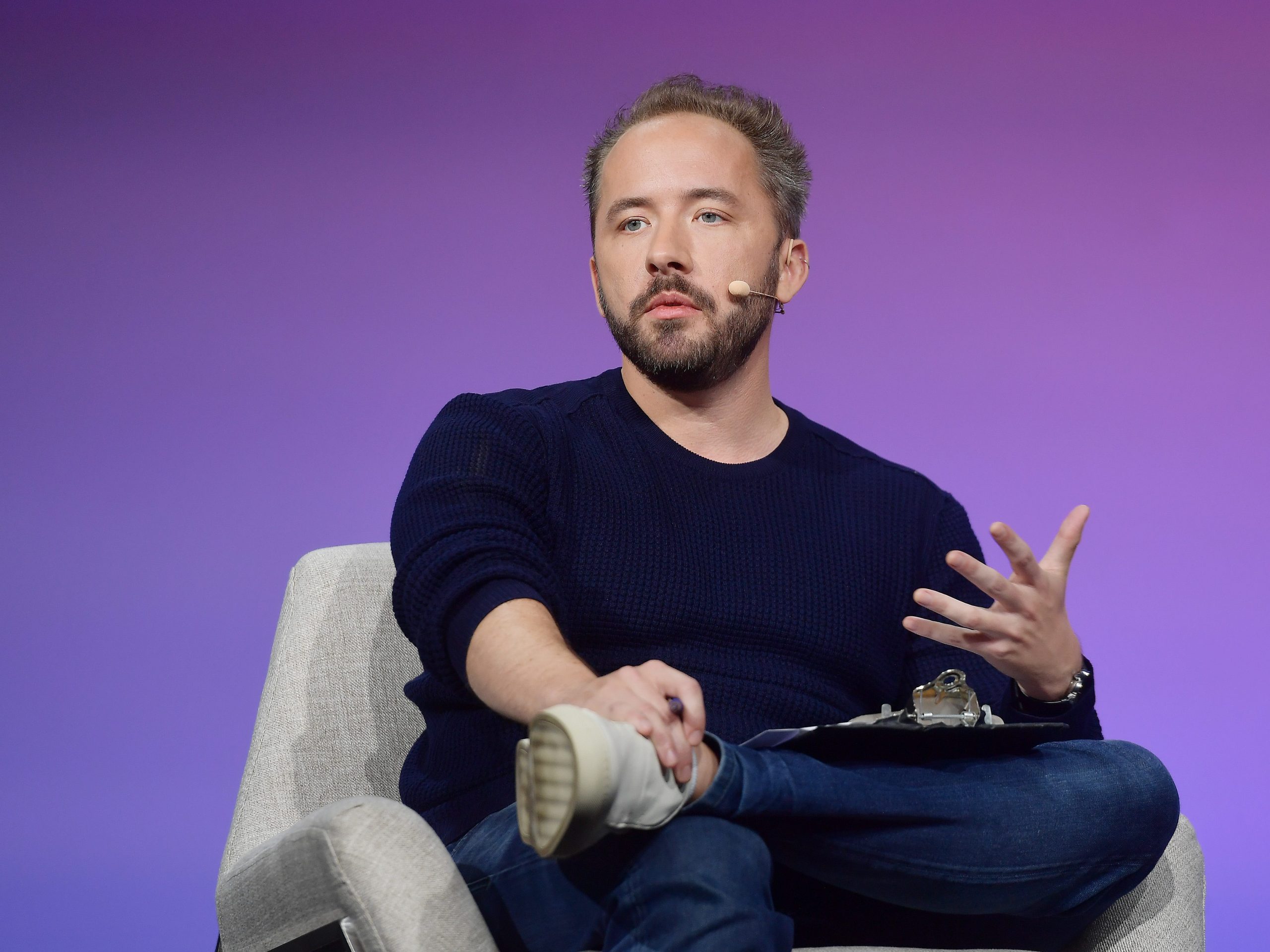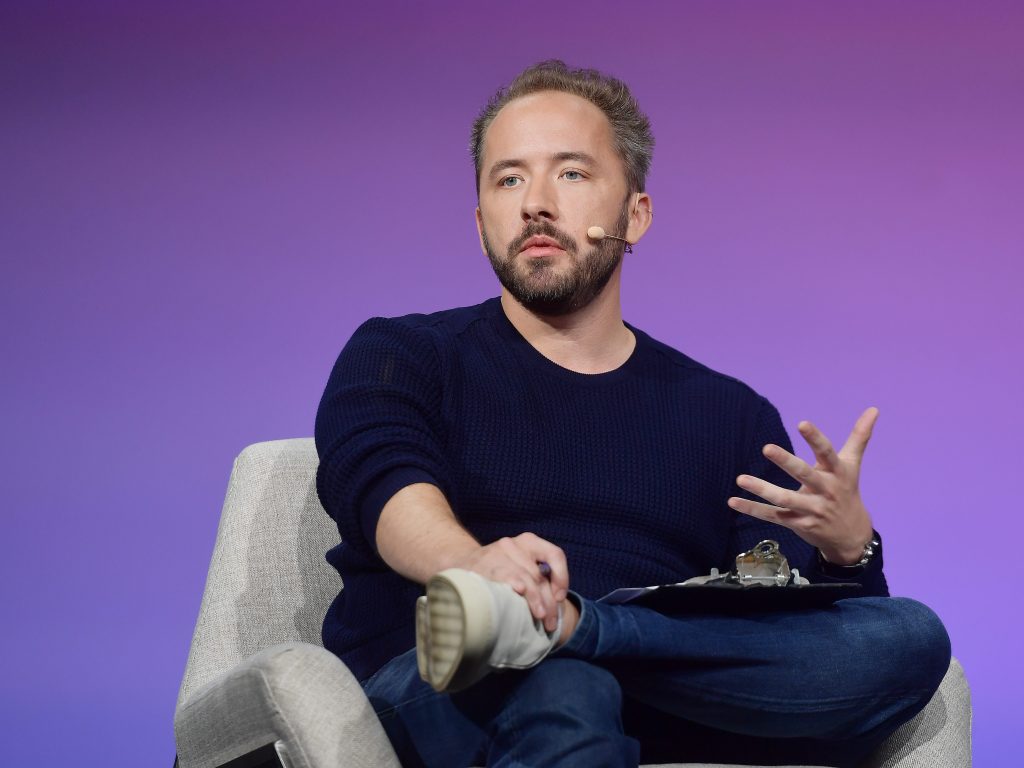
Matt Winkelmeyer/Getty Images
- Dropbox's cofounder said the 40-hour office week could be a thing of the past.
- Drew Houston was one of 15 CEOs asked by CNN about how the pandemic could change the future of work.
- Knowledge workers will be able to escape their commute and gain more control over their schedule, he said.
- See more stories on Insider's business page.
The 40-hour office work week could soon be dead, according to Dropbox's cofounder Drew Houston.
Knowledge workers will escape the "grueling commutes" of the past and have more control over how they schedule their day, he told CNN when asked about his predictions for the future of work.
He said the "enormous" impact of the coronavirus pandemic on the way we work will be comparable to the impact of mobile and cloud technology.
"I also see the 40-hour office workweek – an artifact of factory work – finally becoming a thing of the past," Houston said.
"The workplace will now be wherever work happens, and the workweek will be whenever work happens best for each person," he said.
More remote working means companies can hire "beyond exclusive urban clusters" and therefore attract more talent, he said.
Companies will need to ensure that they have both the right culture and good enough managers for workers to get things done without being constantly monitored, Houston added.
During the pandemic, some people have said working from home gives them greater flexibility, improved work-life balance, and more autonomy. Some employers who were previously sceptical about the impact of remote work on productivity appear to have changed their minds.
Many companies are switching to hybrid working as a way of retaining staff who don't want to return to the office five days a week.
Labour market experts and economists, however, have warned that knowledge workers - such as computer programmers and accountants - are more likely to benefit, compared to those in manufacturing and hospitality roles, who can't do their job at home.
Houston said the future of work was still "largely to be determined," and that companies and workers needed to rethink the social contract between employees and employer.
Houston cofounded Dropbox in 2007. Earlier in September, he was one of 15 CEO's - including Citibank's Jane Fraser and LinkedIn's Ryan Roslansky - asked by CNN to share lessons they learned during the pandemic.
Houston talked about Dropbox's decision to become a "virtual first" company in October 2020, when it announced that all employees would work from home permanently.

